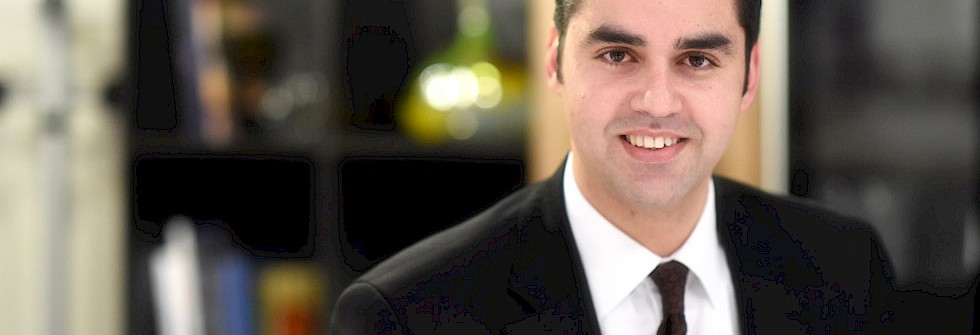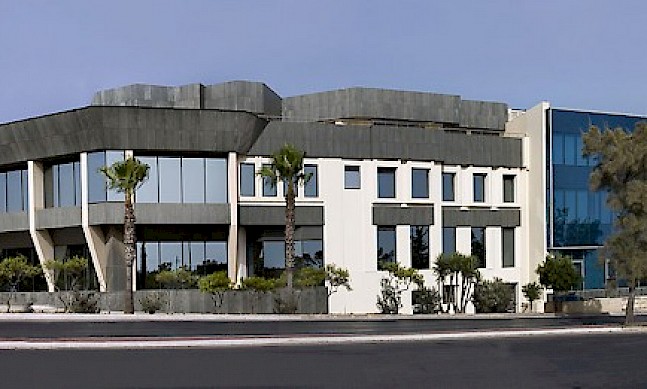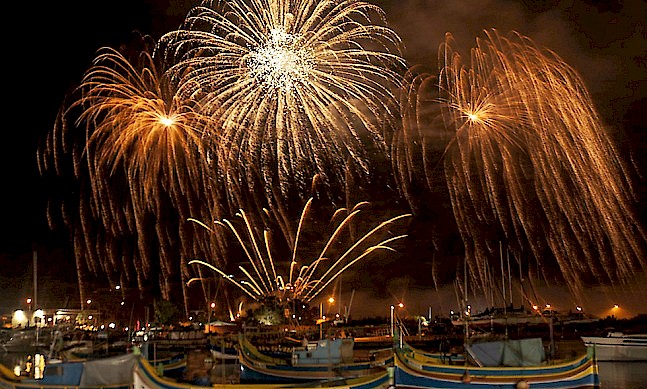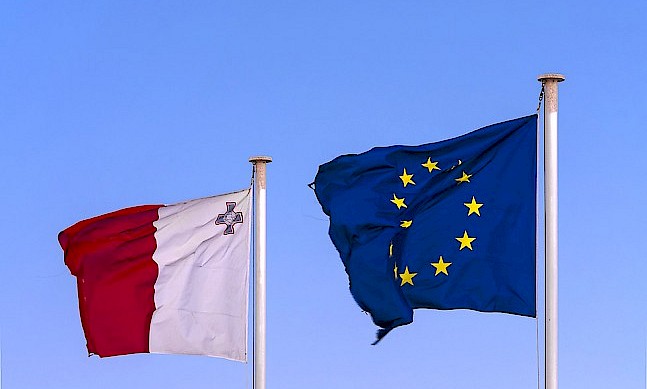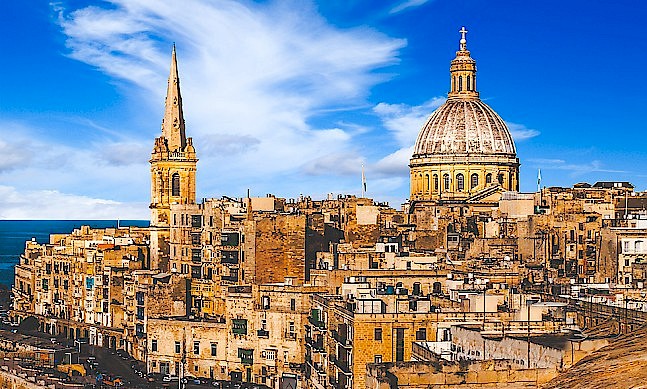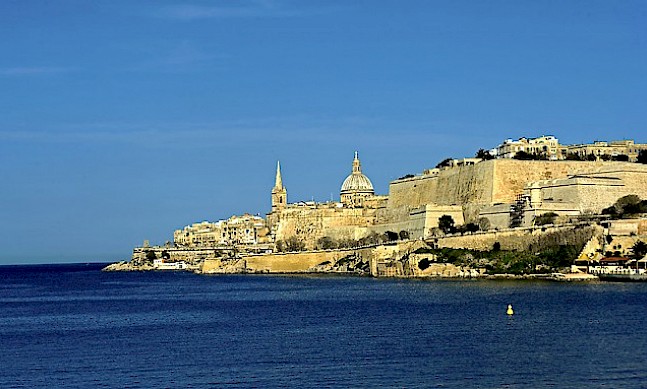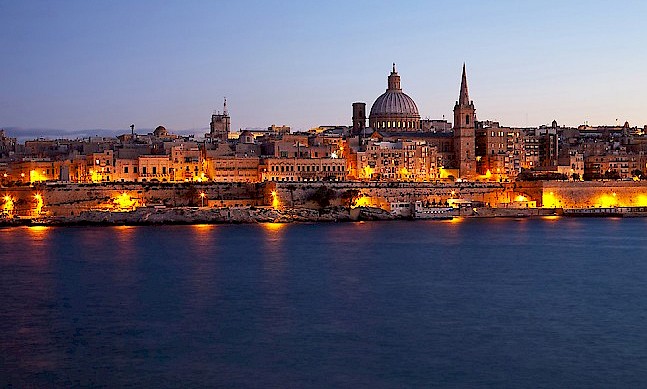Since becoming the youngest mayor ever to be elected in Malta at age 19, when he entered the town hall of Ħad-Dingli, Ian Borg has made his mark on politics in the country. Five years later, he served on the Committee of the Regions as a member of the Maltese delegation in this European Union institution, affiliated with the Party of European Socialists. In 2009 he was elected as an executive member of the Local Councils’ Association. Now, as parliamentary secretary for the EU presidency 2017 and EU funds, he is working to ensure Malta makes the most of its regional cooperation. The Report Company met with him to find out more.
The Report Company: What is Malta doing to get ready for its presidency of the European Council?
Ian Borg: The presidency of the Council is something which involves and affects every line ministry. It is very horizontal across government, so liaising and coordinating with the respective colleagues, ministers and parliamentary secretaries is crucial. It’s the first time for Malta that we will preside, so it’s important for us to work hard because failure is not an option. At the moment, we are working on various fronts. The structure we have set up is based on three pillars: the policy content aspect which is most crucial, then the logistical aspect which is probably more important for the local consumption, and then thirdly the media and marketing aspects, While it is true that this is a legislative process, it is also crucial for us to take this opportunity and expose Malta to the world and show off the opportunities we have here.
TRC: What issues does Malta intend to focus on during its presidency?
IB: We have to approach this task in a humble manner, but at the same time not allowing our size to condition our mindset. It is an obligation that every member state has to preside over the council; we’ll do it for the first time but being the smallest administration will not hinder our objectives. We will take the opportunity during those six months to put forward particular issues which are of major concern and also of particular interest to Malta, but always taking into account the European perspective because this is not the presidency of Malta but of the Council of the EU.
Our priorities are in the Mediterranean region. We had a full year last year with the Greeks and the Italians presiding over the Council, and they are both Mediterranean countries, but now after Malta it won’t be until after 2020 that a Mediterranean country again presides over the Council, so this is an important opportunity for us to keep the Mediterranean high on the agenda.
When we talk about the Mediterranean, we immediately think about difficulties and problems like the irregular immigration and the instability in North Africa, but the Mediterranean should not only be thought of in this way. It should instead be seen as the region of opportunities. In this regard, the energy union will also be very high on the European agenda during that particular timeline and Malta being geographically in the middle of this region can play an important role there. The Mediterranean is a crucial region for the whole continent.
“We have to approach the presidency the Council of the EU in a humble manner, but at the same time not allowing our size to condition our mindset.”Post This
Another major area of importance is in what is called blue growth. This is the marine and maritime sector. We believe that Malta is already doing very well in this area but we have a lot more to positively exploit when it comes to maritime affairs and we are seeing at the moment which legislative dossiers and what sort of initiatives the Commission can initiate to discuss at Council level. Other priorities include digitalisation and competitiveness.
TRC: What have been Malta’s major achievements in leveraging the funds it has received from the EU from 2004 to date?
IB: It’s not an annual budget, but rather a seven-year budget. We had a small allocation in 2004-2006, and then the major financial period in the last 11 years was 2007-2013. The regulation allows for member states to close off their projects by 2015 so this is the year where we are closing off most of the major projects which Malta has benefitted from in the last 11 years. The European structural funds were crucial for us to uplift our country, and more importantly provide basic infrastructure in road networks, health, education and the environment.
As well as investment in the infrastructure aspect, there has been the development in human capital. Funds like the European social fund have been crucial for training those people who are already in the workforce to enhance their employability. We gave hundreds if not thousands of scholarships, and now with the 2014-2020 period we have started to give post-doctorate financial assistance which will help us for the research pillar of the economy. This investment in infrastructure and human capital has helped us to sustain economic growth and now we can all witness the strong economy which Malta has at the moment.
TRC: What areas represent an opportunity for Malta to increase competitiveness?
IB: We are in sync with the Commission when it comes to how to invest structural investment funds and I would say there are five main areas. There is first of all assisting and making it possible for SMEs to access finance in order to continue to flourish and protect existing jobs as well as creating new employment; shifting towards a low-carbon economy; ICT as a solution for a government and a private sector which acts faster and is more efficient; and then research and innovation. The fifth one is more of a social aspect, which perhaps comes naturally to a Labour government, and that is combatting social exclusion. Of course, agricultural funds and fisheries funds are of equal importance, but these five areas are fundamental.
“After Malta it won’t be until after 2020 that a Mediterranean country again presides over the Council, so this is an important opportunity for us to keep the Mediterranean high on the agenda.”Post This
TRC: How important is innovation to Malta?
IB: In the coming weeks, we shall be inaugurating the life sciences parks and the complex for creativity hub. They are situated next to each other, next to the University of Malta. A study is also being carried out to look at the feasibility of having such projects in Gozo. That study will be of particular interest because it’s important to see whether there is room for further investment and industry in Gozo, as Gozo so far has been perceived as an eco-island.
We are looking at having a new aerospace centre and also investing more in innovation and research in aviation.
TRC: What is Malta’s approach to SME development?
IB: When it comes to SMEs we are in the forefront in terms of assisting them in accessing finance. Malta together with Spain is one of the only two member states which subscribed to European Commission’s SME initiative. We are in the process of organising a financial intermediary to govern this initiative in the coming months and years and this will basically give access to finance for SMEs. In this way, we are moving more towards financial instruments rather than grants, which will allow the maximisation of leveraging of funds. The second focus is on helping SMEs to internationalise their operations. We have a lot of family-run businesses focussed primarily on the Maltese market. We would like SMEs to internationalise their operations and also start making the best of this famous single market.
TRC: What are the objectives you would like to highlight?
IB: We are pledging to invest 25 percent of the whole allocation of the European Social Fund into social inclusion, to continue to attack youth unemployment. We implemented successfully the youth guarantee, which assists young people who are neither in employment nor in training or education, the NEETs, so that is something which we will continue to do. We are also looking at helping disadvantaged groups such as the elderly and people with disabilities, which all together make up this segment of people which is at risk of poverty. We also believe that, like what is happening in the rest of Europe, the green and the blue economy will be the next big areas to focus and work on.


